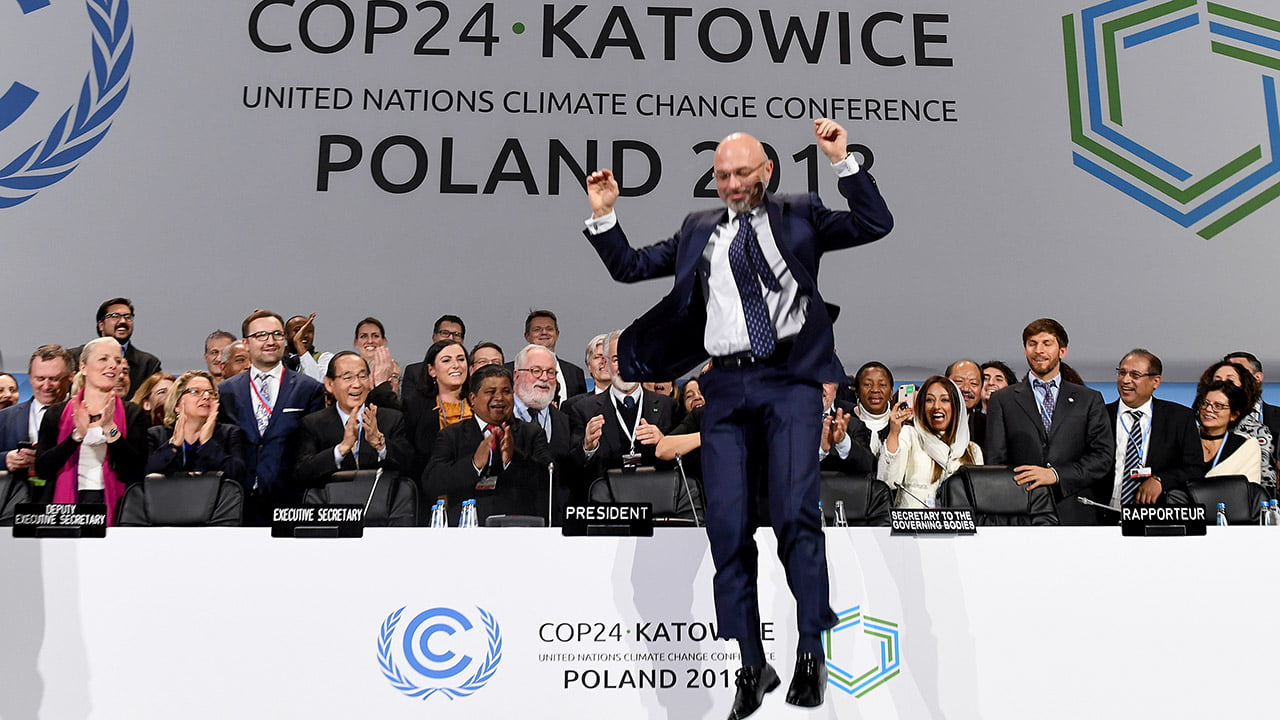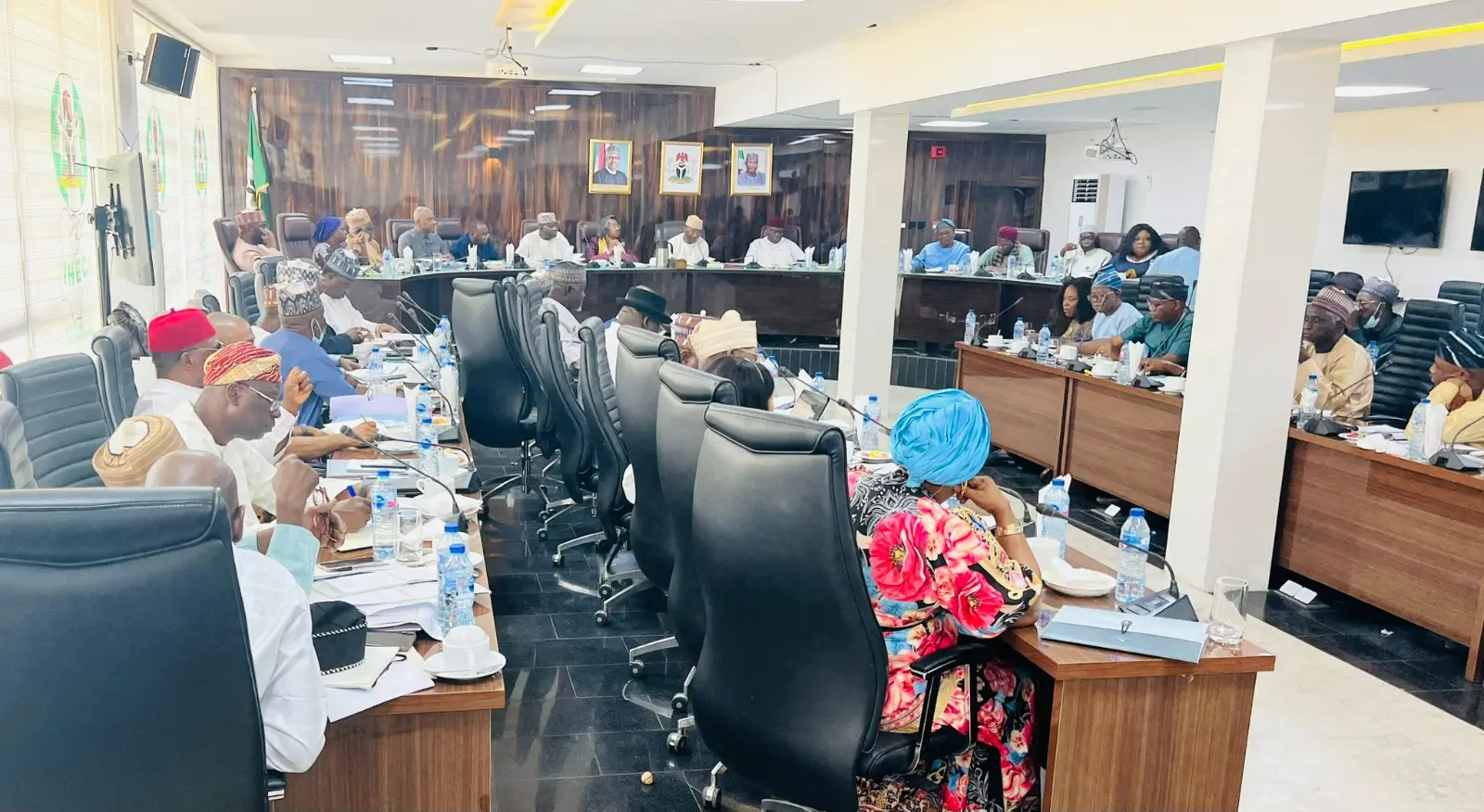Nigeria and 196 other parties have adopted a robust set of guidelines for implementing the landmark 2015 Paris Climate Change Agreement, which will benefit people from all walks of life, especially the most vulnerable.
The agreement by the United Nations Climate Change Conference (COP24) that ended at the weekend in Katowice, Poland known as ‘Katowice Climate Package’ is designed to operationalise the climate change regime contained in the Paris Agreement.
Under the auspices of the UN Climate Change Secretariat, it will promote international co-operation and encourage greater ambition.
The guidelines will promote trust among nations that all countries are playing their part in addressing the challenge of climate change.
The Katowice package includes guidelines that will operationalise the transparency framework.
It sets out how countries will provide information about their Nationally Determined Contributions (NDCs) that describe their domestic climate actions. This information includes mitigation and adaptation measures as well as details of financial support for climate action in developing countries.
The package also includes guidelines that relate to:
• The process for establishing new targets on finance from 2025 onwards to follow-on from the current target of mobilising $100 billion per year from 2020 to support developing countries.
• How to conduct the Global Stocktake of the effectiveness of climate action in 2023.
• How to assess progress on the development and transfer of technology.
The agreed guidelines mean that countries can now establish the national systems that are needed for implementing the Paris Agreement as of 2020. The same will be done at the international level.
President of COP24, Mr. Michal Kurtyka of Poland, said: “All nations have worked tirelessly. All nations showed their commitment.”
All nations can leave Katowice with a sense of pride, knowing that their efforts have paid off. The guidelines contained in the Katowice Climate Package provide the basis for implementing the agreement as of 2020”.
Also, the UN’s Climate Chief, Patricia Espinosa, said: “This is an excellent achievement! The multilateral system has delivered a solid result. This is a roadmap for the international community to decisively address climate change.
“The guidelines that delegations have been working on day and night are balanced and clearly reflect how responsibilities are distributed among the world’s nations.
“They incorporate the fact that countries have different capabilities and economic and social realities at home, while providing the foundation for ever increasing ambition.”
-GUARDIAN-





